Experts in Mechanical Engineering, experience since 1968
Our Skills, Your Solutions
Experts in Mechanical Engineering, experience since 1968
Our Skills, Your Solutions
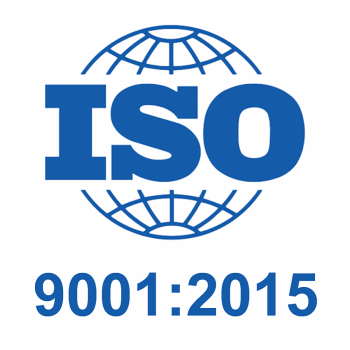
ISO 9001 specifies the requirements that should be met by the quality management system in the organization, enabling a constant increase in the level of customer satisfaction and provision of compatible products. ISO 9001 applies to all companies of all sizes in all sectors. ISO 9001 is based on the seven principles of quality management. If these rules are followed, all conditions are met so that the company can continuously increase its value in the eyes of customers.
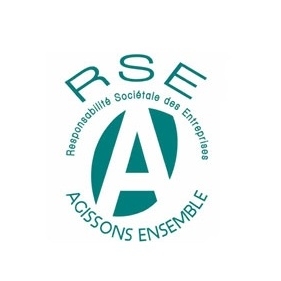
It is a concept in which the organization takes account of its social and environmental responsibilities, in order to contribute to sustainable development. Identify stakeholders or people who are most affected by the negative effects of your business or vice versa who may have the greatest impact on your business - define and implement an action plan.
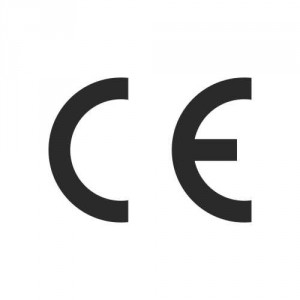
CE standards have been established with the aim of harmonizing the legislation on European technical standards. They are obligatory for all products covered by European directives, which gives these products the right to be freely circulated in the EU. In order to be able to mark a product with the CE mark of conformity, the manufacturer must carry out tests that confirm the conformity of the product with the essential requirements, in particular those relating to health and safety, as defined in the relevant directives. The "CE" standard is not a certificate or an indication of the geographical origin of a product.
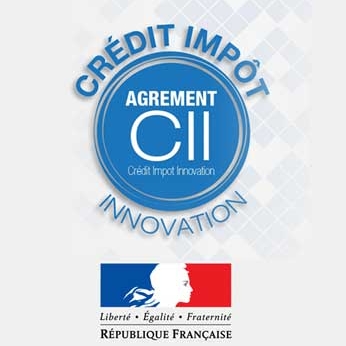
The CII is a tax measure specifically aimed at small and medium-sized businesses that can benefit from a 20% tax credit on costs incurred for the design and / or production of prototypes or pilot installations for new products.
This measure amounts to EUR 400,000 per year per company. Use Cerfa Form No. 2069-A-SD
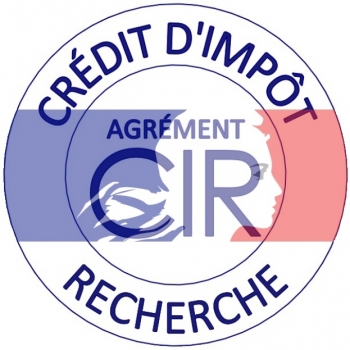
The Credit Impôt Recherche (we have been accredited since 1985)
CIR is a tax reduction linked to company expenses on research and development. It is a tax aid that aims to support and encourage research and development in companies across all sectors and sizes. This tax aid aims to: strengthen the competitiveness of enterprises through public or private research and partnerships, act as an incentive for private research, encourage companies to hire trained staff with scientific experience, impose a R&D methodological framework through the CIR application. May be used in conjunction with other tax aids. This means that companies can benefit from CIR and partial or total tax exemption. CIR enables tax reduction by the equivalent of 30% at the stage of researching an innovative project using research and development.
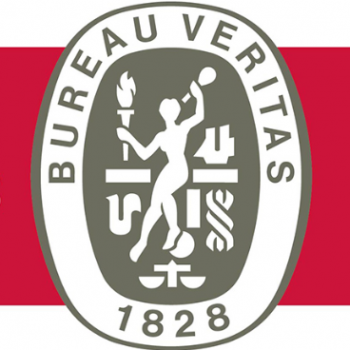
Design, production and assembly of lines and machines in the field of automation of production processes.